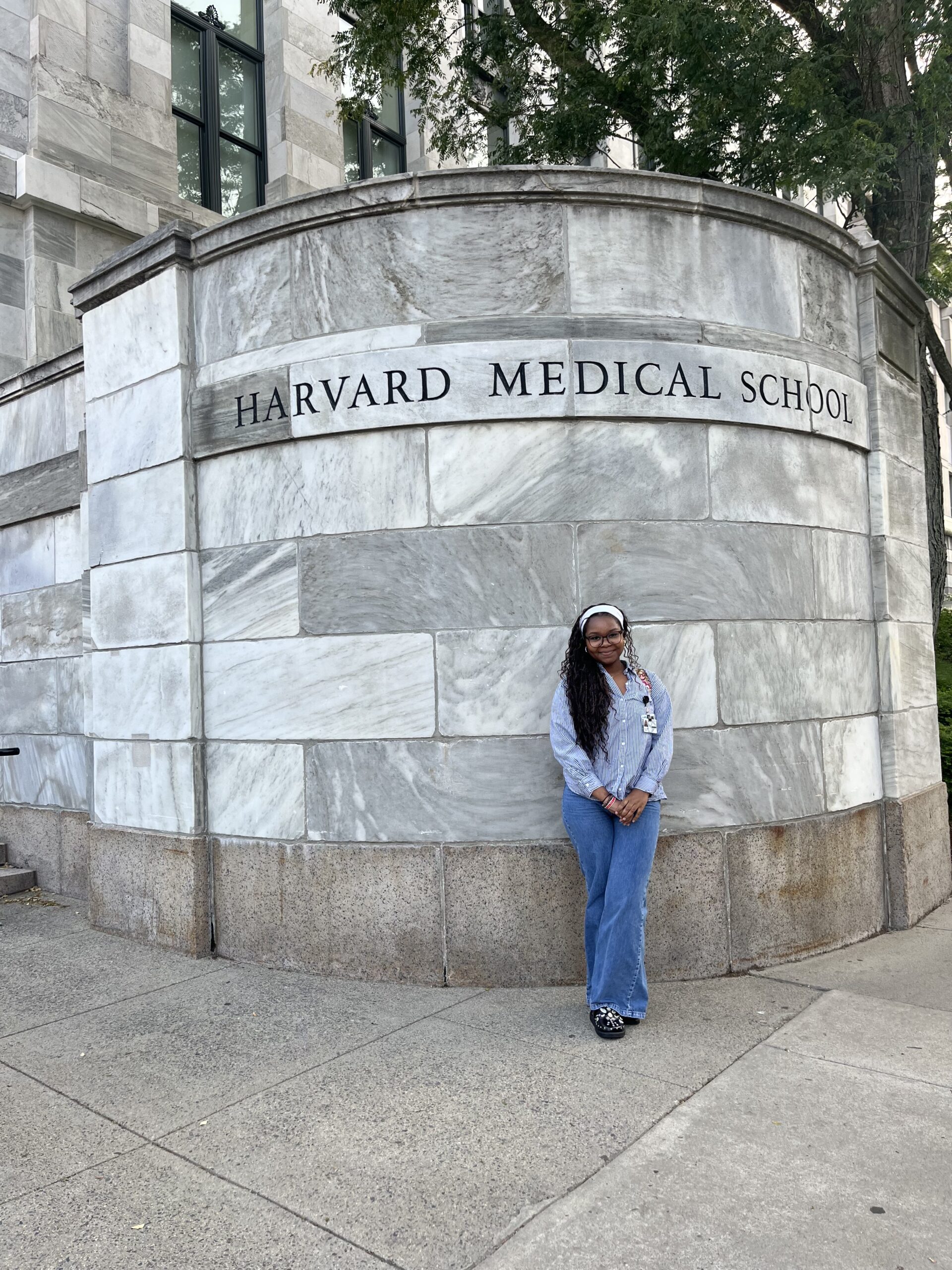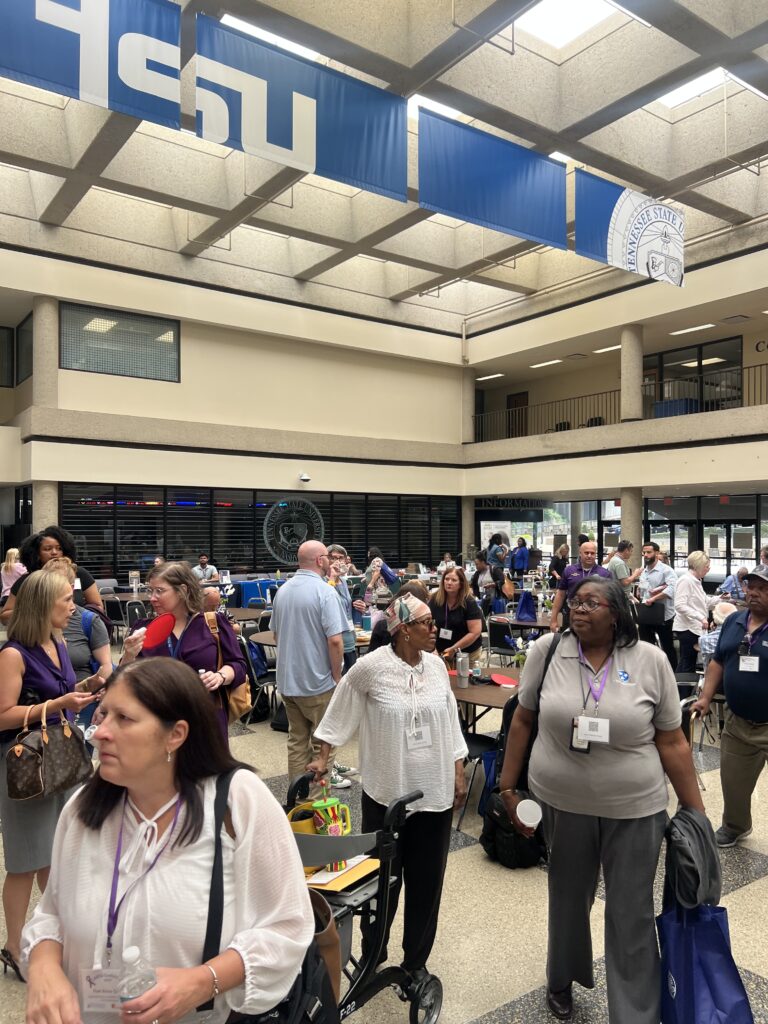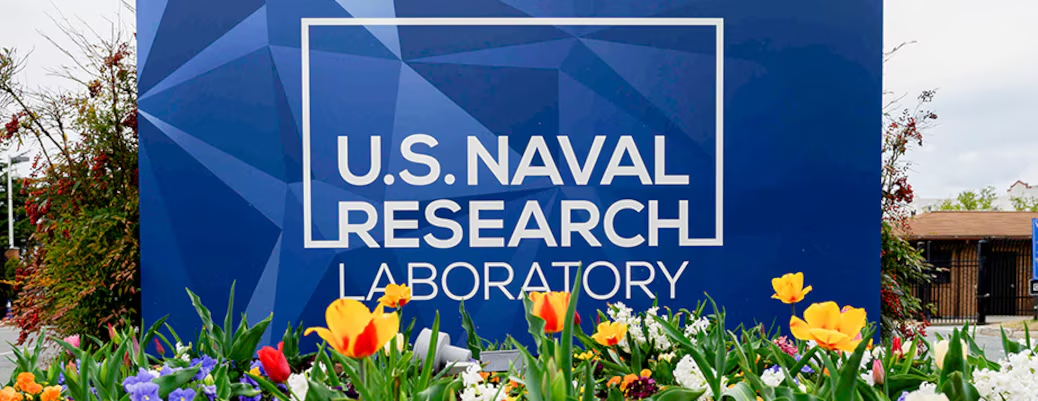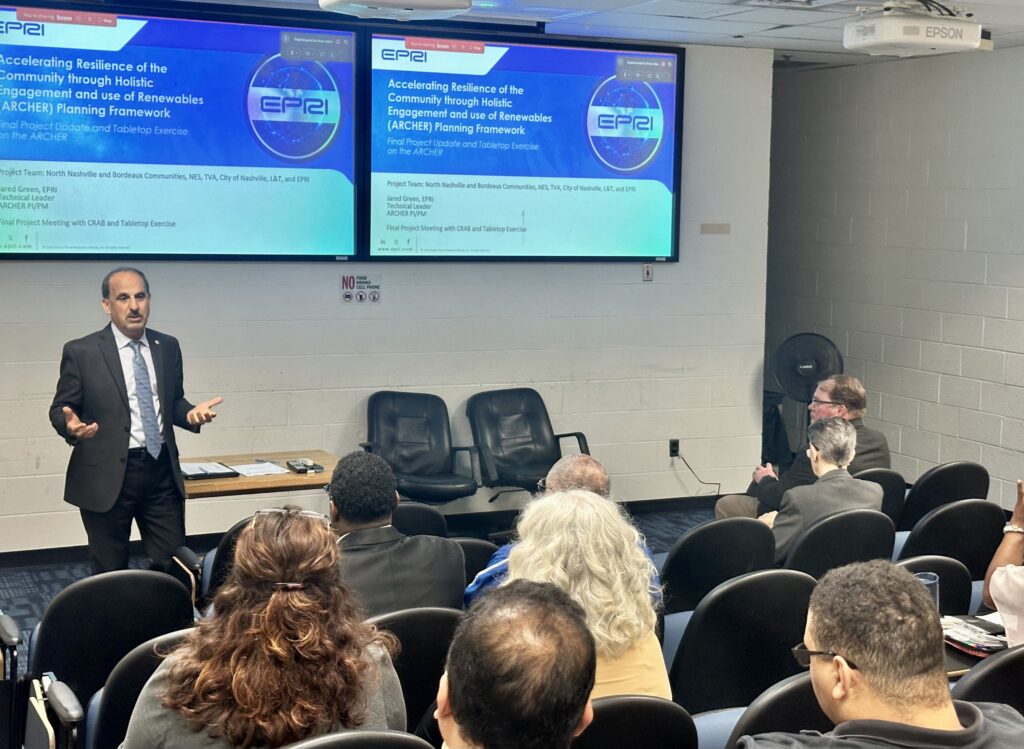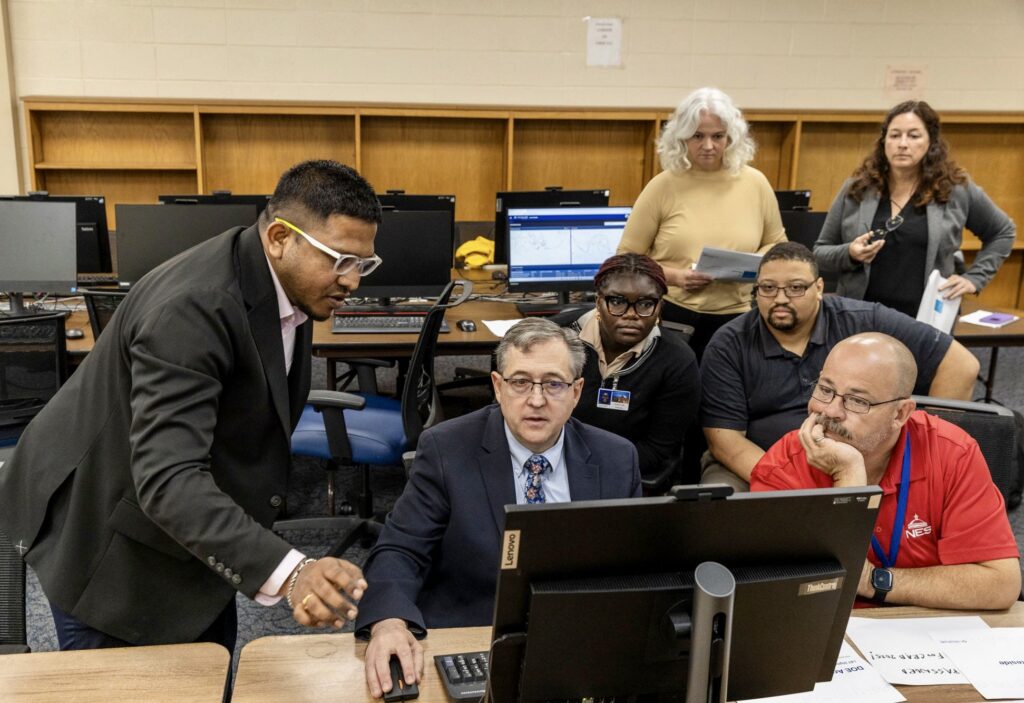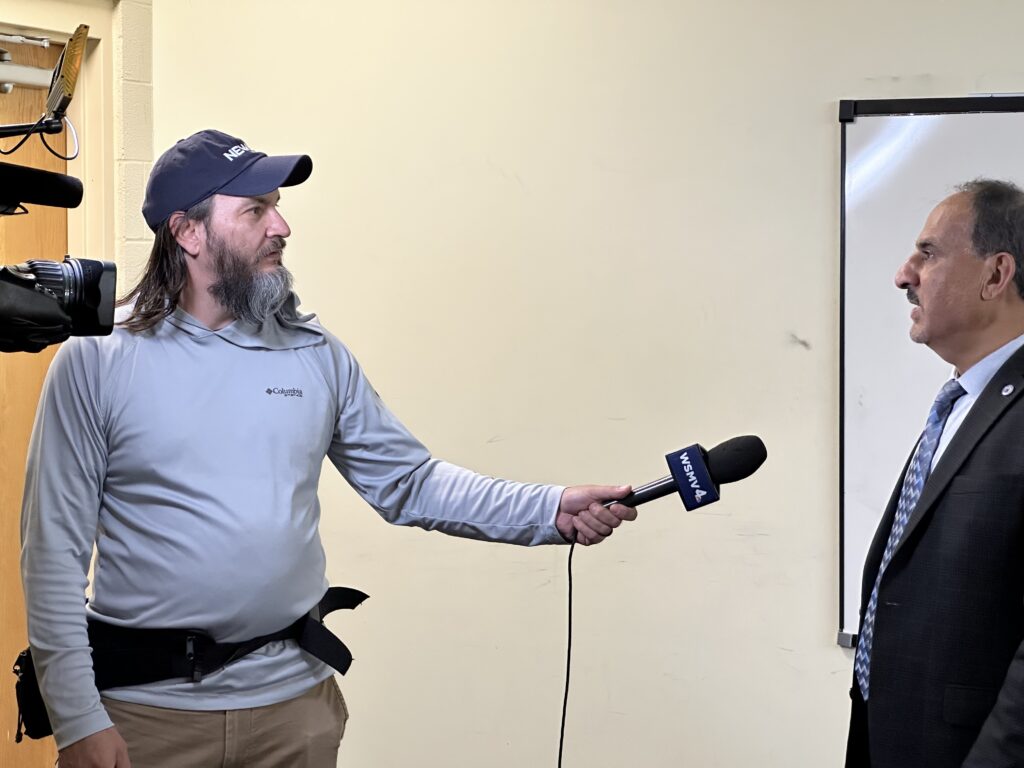NASHVILLE, Tenn. (TSU News Service) –With hard hats on and shovels in hand, Tennessee State University leaders, dignitaries, and College of Agriculture faculty broke ground June 26 on the future of agricultural innovation.

The historic ceremony is for the construction of new facilities that will support TSU’s Food and Animal Sciences and Environmental Sciences programs, spanning more than 110,000 square feet combined. Scheduled for completion in fall 2026, the development reflects the university’s continued investment in research, student success, and community impact.
CheKenna Fletcher, a Ph.D. candidate in agricultural sciences at TSU, served as the mistress of ceremonies and said the new buildings will have a lasting impact.

“Agriculture is our future, so I am very excited about this coming into fruition,” Fletcher said. “I’m excited for all of the students who will be able to utilize the facilities and their labs. It’ll be an awesome opportunity for us to grow our department, grow more leaders and scholars in the agricultural field, especially in the food and animal sciences.”
Dr. Chandra Reddy, dean of the College of Agriculture, called the groundbreaking a historic moment for the university and the state of Tennessee. “These buildings will offer students hands-on, experiential learning opportunities that prepare them for real-world careers in agriculture, science, and environmental sustainability,” he said.
Approved by the Tennessee State Building Commission in 2023, the facilities will include classrooms, laboratories, research centers, and administrative offices to support the university’s growing academic, research, and extension missions. The project will be located at the corner of Schrader Lane and Dr. Walter S. Davis Boulevard.
TSU Interim President Dwayne Tucker expressed his support for the development, calling it a symbol of momentum for the university. “We are sowing the seeds of innovation and progress,” Tucker said. “This project, which will serve as a hub of education, research, and outreach in the field of agriculture, underscores the state’s continued confidence in our university and the strength of our land-grant mission.”
The complex will include:

- 35 faculty offices
- 23 research labs
- 17 teaching labs
- 4 classrooms
- A large multipurpose room
- Collaborative workspace and support areas
The two buildings will also house future centers of innovation, including the One Health Center, the Precision Agriculture Center, the Soil Health Center, and the Water Management Center. Dozens of dignitaries attended the event, including Senator Bo Watson, Representative Harold Love Jr., and TSU Board of Trustee Dr. Marquita Qualls.
Senator Watson applauded the university’s future and the promise of the project. “TSU will successfully fulfill its mission as a land-grant university and will be a university of choice among the historically Black colleges and universities,” Watson said. “That is our commitment. Let this groundbreaking be a testament to that commitment.”

The event also featured remarks and special recognitions from TSU administrators and the university’s design and construction team. Community stakeholders, including the Tennessee Department of Agriculture, Tennessee Farm Bureau, and the Tennessee Higher Education Commission, also shared remarks, followed by a reception.
This development comes at a pivotal time for the College of Agriculture, which recently restructured into five academic departments to strengthen research and instruction. This new College of Agriculture complex will further enhance this transformation, allowing the college to better serve students, farmers, and communities across Tennessee.
For more information, visit www.tnstate.edu/agriculture.griculture.


